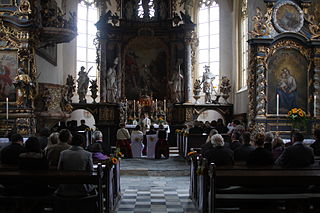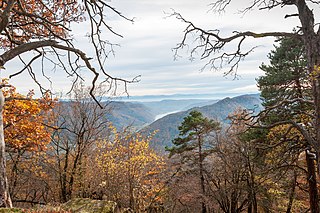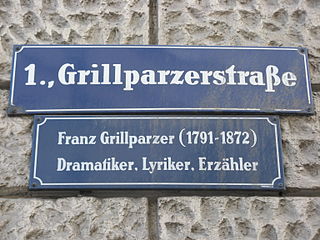
Am Grabe, WAB 2, is an elegy composed by Anton Bruckner in 1861, for men's voices a capella.

Trauungschor, WAB 49, is a wedding song composed by Anton Bruckner on 8 January 1865.

Nachruf ("Obituary"), WAB 81a, is a song composed by Anton Bruckner in 1877 in memory of Joseph Seiberl. The song is better known as its 1886 reissue as Trösterin Musik, WAB 81b.

The Volkslied, WAB 94, is a patriotic song composed by Anton Bruckner in 1882 for a competition for a Hymne für das Deutsche Volk in Österreich.

Abendzauber, WAB 57, is a song composed by Anton Bruckner in 1878.

Das hohe Lied, WAB 74, is a song for double men's choir and three soloists, which Anton Bruckner composed in 1876 on a text by Heinrich von der Mattig.

Um Mitternacht, WAB 90, is a song composed by Anton Bruckner in 1886 on a text of Robert Prutz. About twenty years earlier Bruckner had already composed a song on the same text.

Mitternacht (Midnight), WAB 80, is a song composed by Anton Bruckner in 1869.

"Ständchen" ("Serenade"), WAB 84.2, is a Lied composed by Anton Bruckner in c. 1846.

Der Abendhimmel, WAB 56, is a song composed by Anton Bruckner in 1866. It is the second setting of the work. In 1862, Bruckner had already composed a first setting of the song for men's voice quartet.

Herbstlied, WAB 73, is a romantic song composed by Anton Bruckner in 1864. The song, scored for men's choir and two soprano soloists with piano accompaniment, depicts an autumn walking with nightingale song.

Sängerbund, WAB 82, is a patriotic song, which Anton Bruckner composed in 1882.

Träumen und Wachen, WAB 87, is a song, which Anton Bruckner composed in 1890 to celebrate the 100th anniversary of Franz Grillparzer's birth.

Du bist wie eine Blume, WAB 64, is a song, which Anton Bruckner composed in 1861.

Das Lied vom deutschen Vaterland, WAB 78, is a patriotic song composed by Anton Bruckner in c. 1845 during his stay in St. Florian.

Der Lehrerstand, WAB 77, is a song composed by Anton Bruckner in c. 1847 during his stay in Sankt Florian.

Des Dankes Wort sei mir vergönnt, WAB 62, is a song composed by Anton Bruckner during his stay in Sankt Florian.

Vaterlandslied, WAB 92, is a patriotic song composed by Anton Bruckner during his stay in Linz.

Vaterländisch Weinlied, WAB 91, is a song composed by Anton Bruckner in 1866 during his stay in Linz.



















